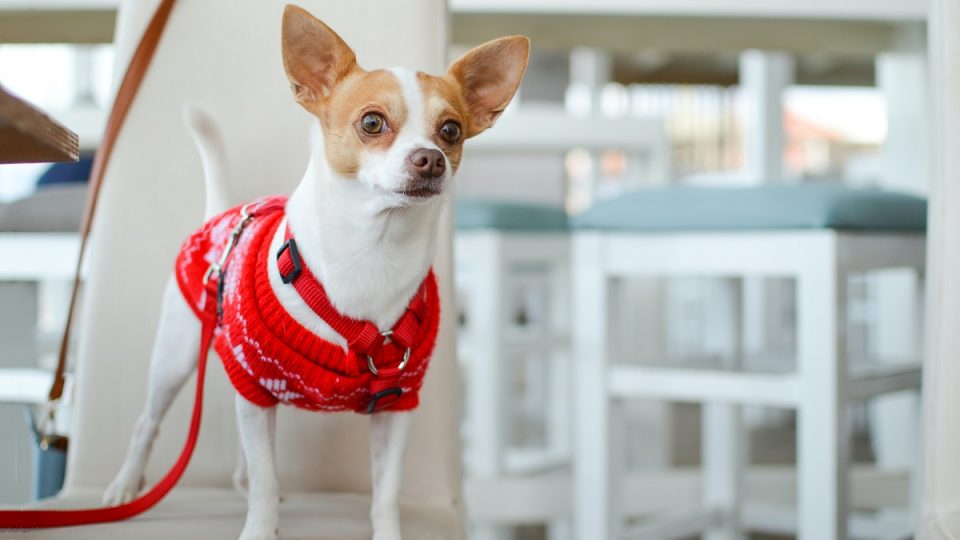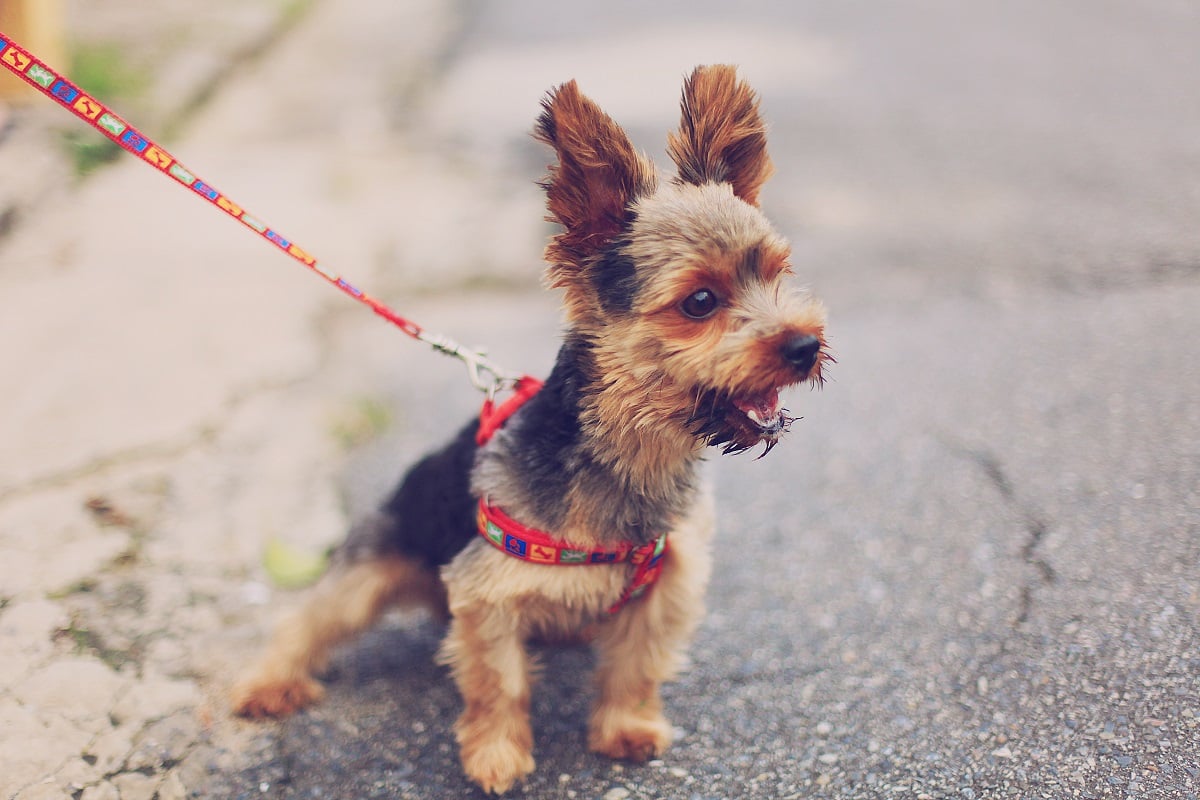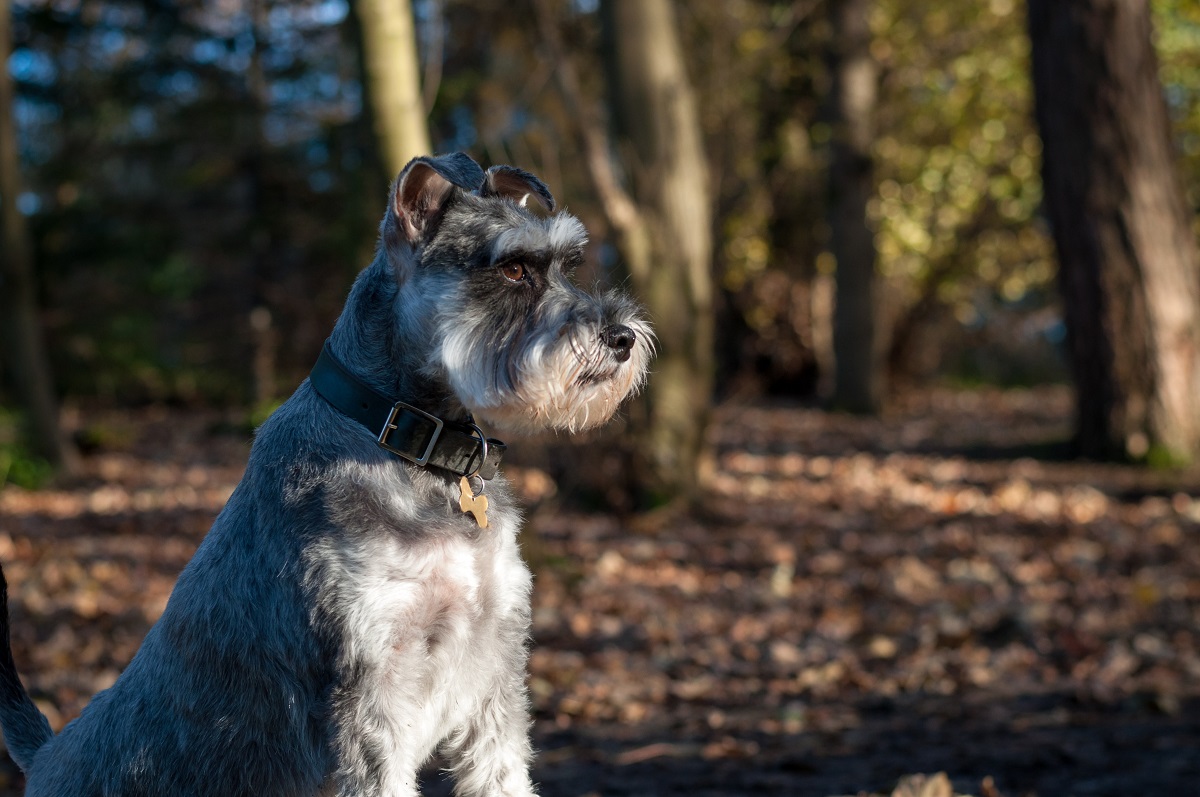- Not a substitute for professional veterinary help.
Dogs are one of life’s best treasures. They make bad days better, sad times happier, and their wacky antics and personalities can always give us a chuckle.
If you’re thinking about bringing a canine companion into your home, we’ve got your back! Not only do we have qualified dog walkers and dog sitters in your area, but we’ve drafted this handy guide to help you find the right pet for you! You can use these tips immediately or save them for when you’re really ready to adopt.
Here’s the ultimate guide to adopting a dog in Pennsylvania.
Finding a dog in Pennsylvania
When it comes to finding a dog, we’re big advocates of adoption. You give a homeless dog a second chance at a happy life, and there’s no shortage of dogs out there who need help. According to the ASPCA, 3.3 million dogs end up in a shelter or rescue every year. Giving even one pet a chance at a new life frees up rescue staff and resources to help other homeless animals.
We suggest starting locally. You can check out the list of high-rate shelters across Pennsylvania below, or simply search online for “[your city] dog rescue.” You can also check websites like Petfinder.com and Adopt-A-Pet.com, which collect listings from various shelters into one database.
Find a pet that you like, and read the shelter-provided description to get a sense of the dog’s needs and personality. If everything seems good, you can proceed to the adoption process!
If, on the other hand, you don’t know what type of dog to get, look up breed characteristics at the American Kennel Club. While this information won’t give you a complete picture of a particular dog, it can help you understand what breeds suit your lifestyle.
Rescues typically see higher intake numbers during the spring and summer months, and they may use specials and discounts to encourage adoption. Some also reduce fees during specialty days like National Dog Day or Adopt a Dog Month.
Banned breeds in Pennsylvania
Most cities in Pennsylvania have no breed-specific legislation, meaning you can adopt whatever breed of dog you choose. However, according to the nonprofit DogsBite.org, the following six locations do restrict what breeds dog owners can have:
- Clairton law classifies Pit Bulls and Rottweilers as dangerous domestic animals.
- Collingdale and Glenolden restrict Pit Bulls.
- Deerfield and Marple declare Pit Bulls as vicious.
- McCandless bans wolf-dog hybrids.
Check your local animal care and control department to stay up to date on breed-specific legislation.
The dog adoption process in Pennsylvania
Adopting a dog is relatively similar no matter where you go. Each shelter has its own nuances—some require a home visit, some ask for references, and some even rescue dogs internationally and fly them to their new owners. You can expect to go through some variation of the following steps:
- Browse listings of available dogs, either online or at the shelter, and find one you like. Then, fill out an adoption application.
- Rescue staff will contact you to schedule a meeting with the dog you applied for. If you are at the shelter, this meeting should happen within a few moments. If you applied for the dog online, it may take a few days.
- Bring everyone who lives in your home to this meeting. If the rescue allows it, bring other dogs along as well.
- If the dog gets along with everyone, you will proceed with the adoption process. Fill out any additional paperwork and talk to the rescue staff about responsible pet ownership. They should give you a packet of information that includes, at minimum, your new pet’s medical records.
- Finally, you’ll pay the adoption fee and head home with your new pet!
Licensing dogs in Pennsylvania
If the pet you’re adopting is 3 months or older, you’ll need to purchase a license (and if you have a pet younger than 3 months, you’ll have to get a license once it reaches this age). You’ll get your Pennsylvania dog license from your County Treasurer. Some shelters will let you apply for a license on-site or include it as part of the adoption fee.
The first vet visit
Remember that packet information that the rescue staff gave you during the adoption process? Find the medical information and bring it to your pet’s first vet visit.
Try to schedule this visit within a week or two of adoption. Getting the vet-dog introduction out of the way early will help your pet adjust to its new life. Also, it’ll give your vet a chance to catch any mild ailments that the shelter missed (such as kennel cough) before they get too bad.
How much it costs to adopt a dog in Pennsylvania
It takes money to run a rescue operation. Your adoption fee helps pay for food, medical care, shelter, enrichment toys, and every other service the rescue provides for homeless pets.
To help you get a sense of what you’ll pay, here are adoption fees from three different shelters in Pennsylvania.
Centre County PAWS
- Cost: $250 to $400 for puppies up to 6 months, $200 to $300 for puppies 6 months to 1 year old, $115 to $200 for adult dogs over a year old.
- What it covers: spay/neuter surgery, microchipping, distemper and bordetella vaccination, rabies vaccination, deworming, heartworm and Lyme disease testing, voucher for a free vet visit
Dessin Animal Shelter
- Cost: $250+ for puppies, $100+ for adult dogs, $300 for pure breeds that meet standards set by the American Kennel Club, $7 for seniors 70 years and older adopting dogs 7 years and older.
- What it covers: spay/neuter surgery, microchipping, internal and external parasite treatment, vaccinations (except for rabies)
Pet Adoption League
- Cost: Varies, but typically $311 for puppies and $261 for adult dogs
- What it covers: spay/neuter surgery, vaccinations, microchipping, deworming, dental and surgery if needed
Where to adopt a dog in Pennsylvania
- Brandywine Valley SPCA: (Dover, New Castle, Georgetown, West Chester) Founded in 1929, Brandywine Valley SPCA is Pennsylvania’s first no-kill, open-admission shelter.
- Centre County PAWS: (State College) This 40-year-old shelter, in addition to saving pets, provides spay and neuter assistance, emergency medical aid, pet food assistance, and more.
- Dessin Animal Shelter: (Honesdale) Dessin is a private, nonprofit shelter started in the late 1960s by a mother-daughter duo.
- Erie Humane Society: (Erie) Erie Human Society has a lot of fun fundraising events, including music shows and Bingo.
- Main Line Animal Rescue: (Chester Springs) Main Line offers a variety of programs that support the humane treatment of dogs.
- Pet Adoption League: (Yukon) This no-kill shelter serves Westmoreland and Fayette counties.
- SPCA of Luzerne County: (Wilkes-Barre) This rescue works with contracted municipalities to rescue homeless dogs.
Creating a care budget for your dog
A new pet means food, a bed, and more. Who knows? You might find yourself becoming the type of pet owner who absolutely spoils their dog with toys. That’s okay!
Here’s what you’ll add to your new budget:
- Food
- Toys
- Oral care products
- Treats
- A dog walker
You’ll purchase these budget items less frequently, but they’re no less essential:
- A leash, a collar or harness
- A crate
- Bedding
- Treats
- Vet visits, vaccinations, and medications
- Dental care
- Grooming products
- Pet-friendly cleaning products
- Training sessions
- Puppy pads
A note about pet insurance
Pet insurance can be a great investment if you adopt an older dog or one with health issues. That said, only you can decide if this expense is worth it. Our advice is to look at your dog’s medical records and characteristics of its breed. Some dog types tend to have more health problems than others. Compare this information to different coverage options to help you make the right choice.
Getting ready for your new dog
You’re almost ready to bring your dog home! But first, you’ll want to get that home in order. Having everything in its proper place with make it adjust much more easily.
Grab these items and before going to pick up your pet:
- A leash and a collar or harness (some rescues sell these or include them in the adoption fee)
- Food, bowls, and treats
- An appropriately-sized crate
- A variety of toys
- Grooming tools
- Enzyme cleaner and puppy pads (for any accidents)
And then, bring home your new pet
Congratulations! You’re about to have a lot of fun with your pet. And when you need help, Rover is here for you with qualified dog walkers, sitters, and boarders in Pennsylvania.
Pennsylvania tips for your new pet
- The Top 6 Dog Parks in York, PA
- 7 Top Dog-Friendly Hotels in Pittsburgh
- What to Do About A Dog in a Hot Car
Interested in learning more about services on Rover?
Dog Boarding | Pet Sitting | Cat Sitting | Dog Walking | Doggy Day Care | House Sitting | Dog Training






